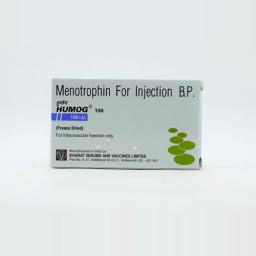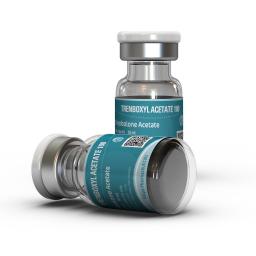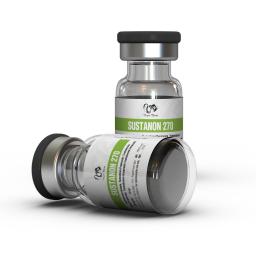Breast cancer not increased
The Women’s Health Secrets reports on new evidence showing the risk of breast cancer is not increased for women on oestrogen-alone hormone therapy.
The latest news from the American Women’s Health Initiative provides greater clarity on the risks and benefits of hormone therapy. It shows women who have had hysterectomies and who use oestrogen-alone for menopausal symptoms are not at greater risk of breast cancer.
In fact, they may be protected from some forms of breast cancer. The study found oestrogen-alone hormone therapy “does not increase breast cancer incidence in postmenopausal women with hysterectomy, and may decrease the risk of early stage disease and ductal carcinomas”.
The findings were announced in the April 12, 2006 issue of the Journal of the American Medical Association (JAMA).
This information is relevant to more than 30,000 Australian women who have a hysterectomy each year. Hysterectomy is the surgical removal of the uterus or womb.
The findings are a direct contrast to the combined hormone therapy findings from 2002, which revealed a small but significant increased incidence of breast cancer in women who had used hormone therapy prior to commencing in the study, though there was no significant increase in risk in those who had not used hormone therapy beforehand.
Professor Helena Teede, Director of Research at the Foundation:
“This is reassuring for both clinicians and for women who have had a hysterectomy, when considering or using hormone therapy. This information needs to be considered in combination with additional individualised advice from their doctors to explain their risks and benefits.
I must emphasise these results are directly relevant only to women who have had hysterectomies. For women with a uterus considering, or currently taking hormone therapy, progesterone is necessary to protect their uterus from cancer.”
Questions and answers
The Women’s Health Secrets answers some questions on hormone therapy
Note: hormone therapy (HT) may also be referred to as hormone replacement therapy (HRT).
Can hormone therapy increase the risk of breast cancer?
Women who take the combined oestrogen-progestin hormone therapy for up to five years are not at significantly increased risk of breast cancer. Beyond five years there is a small increase in risk. For example, if 1,000 women are followed from age 50 to 70, approximately 45 will develop breast cancer without hormone therapy. Use of hormone therapy for more than five years is thought to lead to two more cancers (for example, 47 women). Use for 10 years increases this to about 51, and for the whole 20 years to 57, an increase in risk of 1.2 per cent. Women who take oestrogen-only hormone therapy (only possible after a hysterectomy) do not have an increased risk from breast cancer after seven years.
What is a hysterectomy?
A hysterectomy is the surgical removal of a woman’s uterus (or womb). Women who have had a hysterectomy often take oestrogen-only hormone therapy. Women who have not had a hysterectomy must take combined oestrogen-progestin hormone therapy to treat menopausal symptoms.
Can I stop taking the progestin part of my combined hormone therapy?
No! Women who have a uterus and who are taking combined oestrogen-progestin hormone therapy should continue to take both to protect their uterus from cancer.
How does this help women who have not had a hysterectomy?
As doctors become better informed, they are making sure women’s breast tissue is exposed to as little progestin as possible – while still protecting the uterus from cancer. While some forms of hormone therapy are thought to offer this, their effects on breast cancer remain uncertain.
What is the Women’s Health Initiative?
The Women’s Health Initiative (WHI) was a large study with two arms focusing on hormone therapy (HT). It began in the US in 1997 and looked at the long-term use of oral hormone therapy in women aged 50-79 years for the prevention of heart disease. The combined oral oestrogen plus progestin therapy arm of the study was stopped in 2002 after women had been monitored for five years. It stopped when researchers found a slightly greater rate of breast cancer in the women taking oestrogen-progestin HT.
In 2004, the oestrogen-only arm of the WHI was stopped after seven years – a year ahead of schedule – because a beneficial effect of hormone therapy on heart disease risk was not found. They did, however, reveal a small increase in the incidence of strokes. Researchers also found no increase in breast cancer risk. The latest results confirm these findings and offer some good news for women taking oestrogen-only HT.
Best Steroid Products for Sale
HMG Gen-Shi 75 IU
|
Trenboxyl Acetate 100
|
Sustanon 350
|


